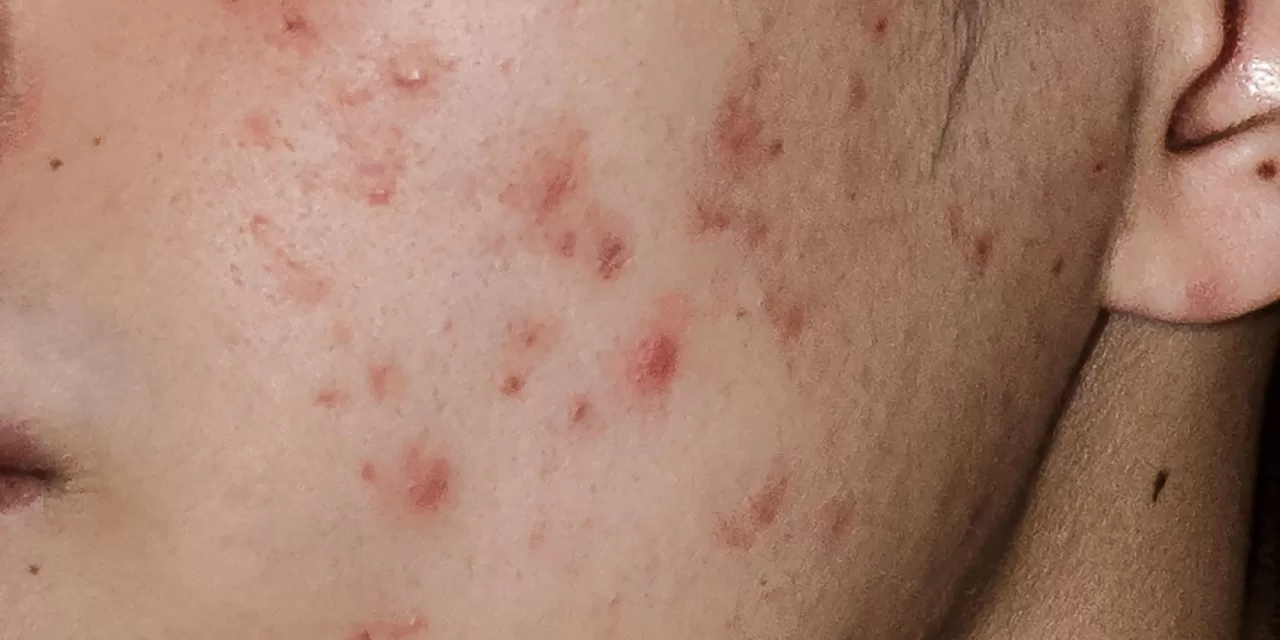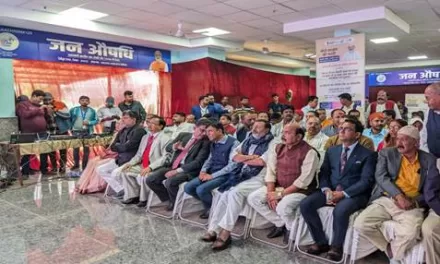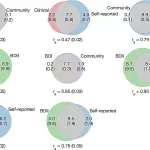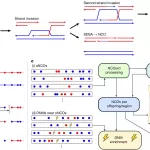Cincinnati, OH – A new study published in Burns & Trauma has revealed a potential breakthrough in the treatment of keloid scars. Researchers at the University of Cincinnati have found that inhibiting an enzyme involved in vitamin D metabolism, CYP24A1, could significantly reduce the growth and development of these disfiguring scars.
Keloids are abnormal scars that grow beyond the boundaries of the original wound, often causing physical and emotional distress. Current treatment options for keloids are limited in their effectiveness, leaving many patients with few viable solutions.
The study investigated the role of CYP24A1 in keloid keratinocytes, the skin cells that play a crucial role in scar formation. By analyzing cells from both normal and keloid skin, the researchers observed significantly higher levels of CYP24A1 in keloid cells.
Furthermore, they found that inhibiting CYP24A1 with specific compounds, such as ketoconazole and VID400, effectively suppressed the expression of genes associated with scar formation, including periostin and hyaluronan synthase 2.
“This study provides a deeper understanding of the molecular mechanisms driving keloid formation and opens the door to targeted therapies,” said Dr. Dorothy M Supp, senior author of the study. “By modulating the activity of CYP24A1, we may improve treatment efficacy and address the recurrence challenges that patients face.”
The findings suggest that targeting CYP24A1 could offer a new avenue for developing more effective and targeted therapies for keloids. This research not only has immediate clinical implications but also paves the way for future research into preventing the formation of these debilitating scars.
Disclaimer: This information is for general knowledge and informational purposes only and does not constitute medical advice. Consult with a qualified healthcare professional for 1 any health concerns or before making any decisions regarding your health.
Source: Jennifer M Hahn et al, CYP24A1 is overexpressed in keloid keratinocytes and its inhibition alters profibrotic gene expression, Burns & Trauma (2025). DOI: 10.1093/burnst/tkae063











